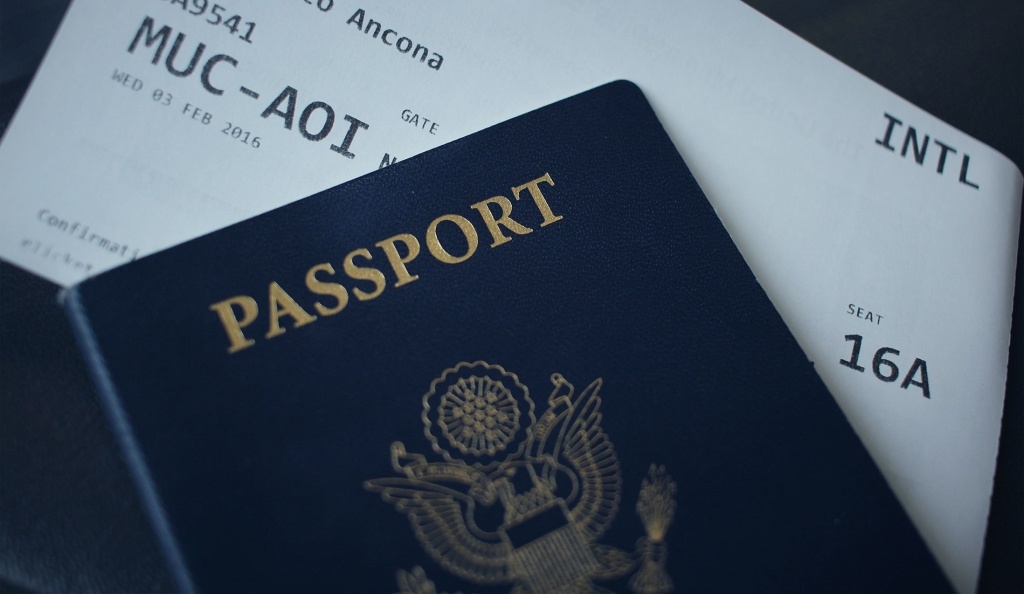Opportunities abound for Master of Social Work graduate in Non-Government Organizations (NGO) and in the health care sector. MSW graduates are employed in diverse fields, including:
- Human Resource Management
- Community Development
- Child Welfare
- Juvenile and Criminal Justice Administration
- Correctional Institutions
- Mental Health Centers
- Addiction Treatment
- Family and Guidance Counseling
- Social Policy Advocacy
- Public Welfare





